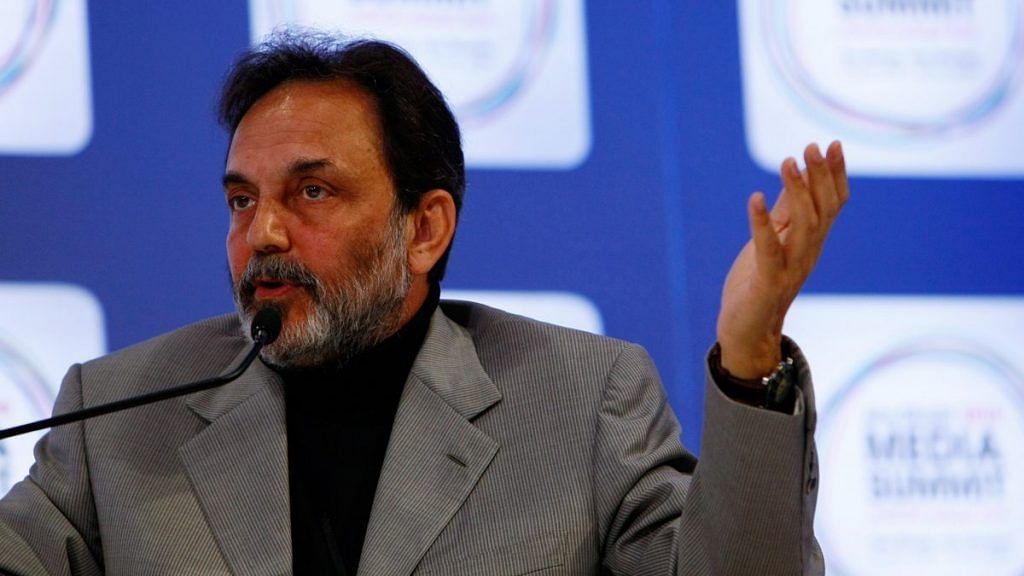New Delhi: In a relief to NDTV Ltd, the Supreme Court Friday quashed the notice of the Income Tax department seeking to re-assess the income of the media house for financial year 2007-08.
A bench of Justices L Nageswara Rao and Deepak Gupta set aside the August 10, 2017 order of the Delhi High Court which had dismissed the petition of NDTV Ltd against the I-T re-assessment notice.
We, accordingly, allow the appeal by holding that the notice issued to the assessee (NDTV) shows sufficient reasons to believe on the part of the assessing officer to re-open the assessment but since the revenue has failed to show non-disclosure of facts the notice having been issued after a period of 4 years is required to be quashed, the bench said.
The I-T department had issued re-assessment notice in March 2015 to the media group after noting that Rs 642 crore has allegedly not been computed for the tax assessment purposes of NDTV for financial year 2007-2008.
It was alleged that media group’s UK based subsidiary, NDTV Network PLC, had issued a step-up coupon bonds for amount of USD 100 million in July 2007, through a bank of New York for a period of five years.
Without going into the merits of the case, the top court framed three questions related to the dispute for its consideration which included whether in the facts and circumstances of the case, it can be said that the revenue had a valid reason to believe that undisclosed income had escaped assessment.
It also framed questions on whether the assessee did not disclose fully and truly all material facts during the course of original assessment which led to the finalisation of assessment order and undisclosed income escaping detection.
While answering one of the issues framed, the bench said, At the stage of issuance of notice, the assessing officer is to only form a prima facie view. In our opinion the material disclosed in assessment proceedings for subsequent years was sufficient to form such a view. We accordingly hold that there were reasons to believe that income had escaped assessment in this case .
Dealing with the issue of alleged disclosure of material facts by NDTV, the bench said though the I-T department had argued before it that the media group has suppressed the facts, the revenue department had taken an opposite stand before the high court.
We are clearly of the view that the revenue, in view of its counter-affidavit before the High Court that it was not relying upon the non-disclosure of facts by the assessee, could not have been permitted to orally urge the same, the bench said.
It said, Even otherwise we find that the assessee had fully and truly disclosed all material facts necessary for its assessment and, therefore, the revenue cannot take benefit of the extended period of limitation of 16 years .
The bench noted the proviso two of section 147 of the I-T Act says that limitation period would be 16 years if the revenue is derived from a foreign entity.
It said that if the revenue is to rely upon the second proviso and wanted to urge that limitation of 16 years would apply, then in our opinion in the notice or at least in the reasons in support of the notice, the assessee should have been put to notice that the revenue relies upon the second proviso.
The assessee could not be taken by surprise at the stage of rejection of its objections or at the stage of proceedings before the High Court that the notice is to be treated as a notice invoking provisions of the second proviso of Section 147 of the Act, the bench said.
The top court made it clear that it has not expressed any opinion on whether the Income Tax department could take benefit of the second proviso in the facts of the case.
Therefore, the revenue may issue fresh notice taking benefit of the second proviso if otherwise permissible under law, the bench said, adding that both the parties shall be at liberty to raise all contentions with regard to the validity of such notice.
Also read: CBI books NDTV’s Prannoy & Radhika Roy over alleged FDI violations
